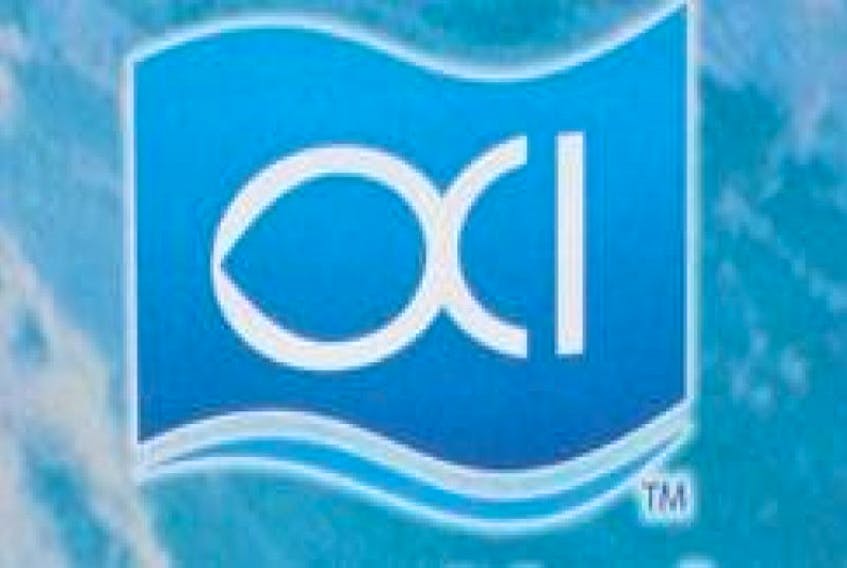ST. JOHN'S, N.L. — The lawyer representing Ocean Choice International (OCI) and its partner in a limited partnership agreement argued Wednesday the companies cannot be charged with illegal fishing because they do not form a legal entity.
The local seafood harvesting and processing company and 55104 Newfoundland and Labrador Inc. have each been charged with violating the province's Fisheries Act between Feb. 4 and Feb. 10 of last year.
It’s alleged the companies fished for Greenland halibut in the Northeast Newfoundland Slope — an area encompassing 46,833 square kilometres against the 200-mile limit, off the northeast coast of the island. Formerly known as Tobin’s Point, the area has been declared a marine refuge.
In arguing an application to restrict liability in provincial court in St. John's Wednesday, lawyer Peter O'Flaherty called the situation a "nullity" since the parties in a limited partnership can't be charged.
"This is the law in Newfoundland and Labrador. It is not a legal entity," O'Flaherty argued. "It is a relationship which exists between persons who are brought together with a deal in profit."
"This is the law in Newfoundland and Labrador. It is not a legal entity." — Peter O'Flaherty
O'Flaherty pointed to wording in the province's Fisheries Act — which he said defines a "person" to include a corporation, but not a partnership — as well as the same definition in the federal Interpretation Act.
"This is an (information) which alleges that a relationship which is not a legal entity was illegally fishing," O'Flaherty said. "In my respectful view, the court has to be concerned with this jurisdiction about trying an accused which does not exist in law."
Judge James Walsh pointed out that Ocean Choice's previous lawyer had indicated the company wanted to proceed with the charges by way of speedy disposition at one point, meaning it had intended to plead guilty.
"Previous counsel acknowledged (the case) wasn't a nullity by asking the court for a sentencing time," Walsh said. "At that point, that's an acknowledgment that it's not null. There's a clash between representations of counsel."
Prosecutor Danny Vavasour indicated it's the limited partnership that holds the fishing licence in this case, making it the appropriate entity to be charged. Legislation supports that position, he said.
"The provisions of the Fisheries Act do not explicitly reference partnerships, but the provisions of the Criminal Code do," Vavasour said.
"There's nothing to indicate that the federal Interpretation Act shouldn’t be applied here."
"There's nothing to indicate that the federal Interpretation Act shouldn’t be applied here." — Danny Vavasour
Vavasour argued the Interpretation Act mandated the court to look to the Canadian criminal code for the definition of “persons.” That definition includes partnerships, he said.
It's clear that the province's fisheries legislation, in using the word "persons", was intended to be applied broadly, Vavasour argued.
Walsh will return with his decision on the application at the end of August.
Ocean Choice released a statement to members of the media last year about the illegal fishing charge, saying court documents from both sides of the case indicated the captain wasn't aware of the newly designated conservation area.
"The vessel was fishing in the area for approximately six hours when it was alerted of the issue. The vessel left the area immediately," the statement read.
Ocean Choice said it and the captain had been "forthright, polite, co-operative and respectful" with Department of Fisheries and Oceans officials throughout the investigation.
"The company is troubled by evidence that DFO: 1) Didn't follow proper notification protocols for newly protected areas; and 2) Intentionally delayed informing the captain that the vessel had entered a newly protected area," Ocean Choice said.
The company indicated it would be prepared to comment again once the matter is no longer before the court.
Twitter: @tara_bradbury
RELATED









